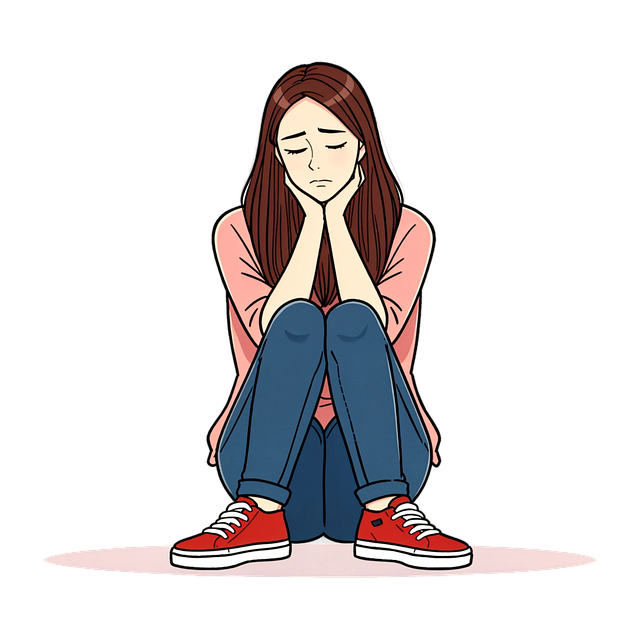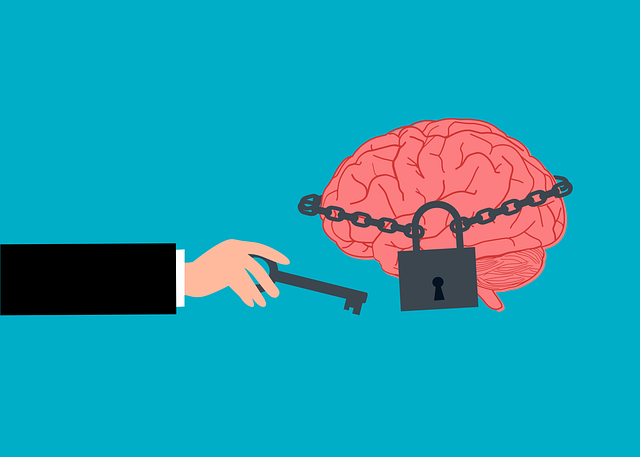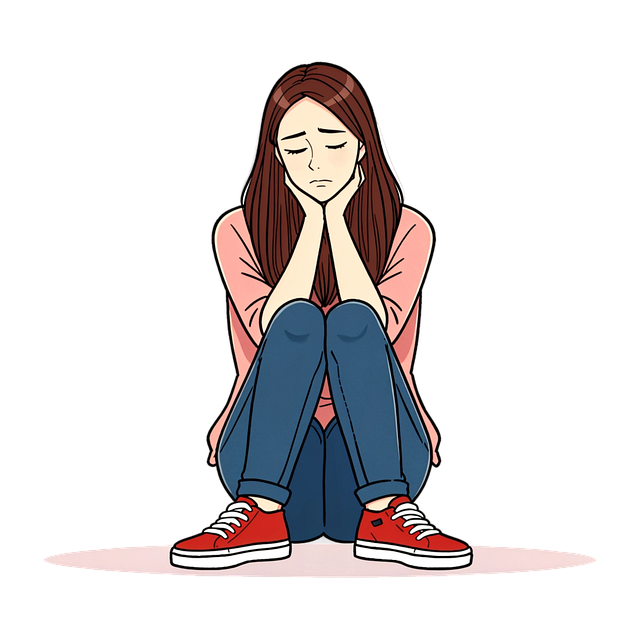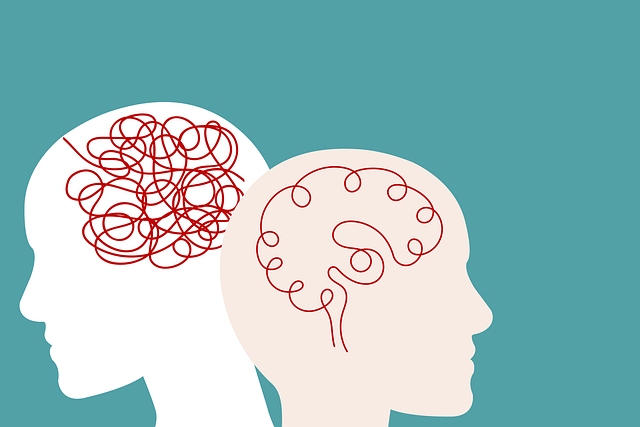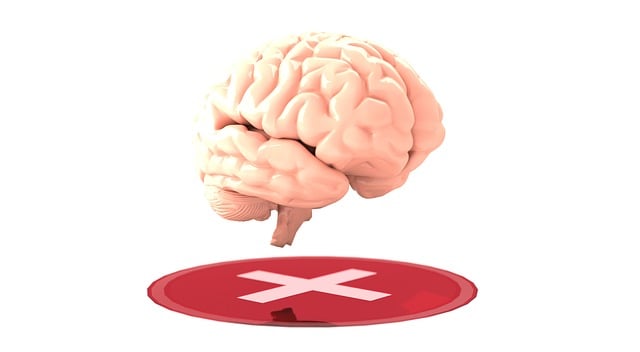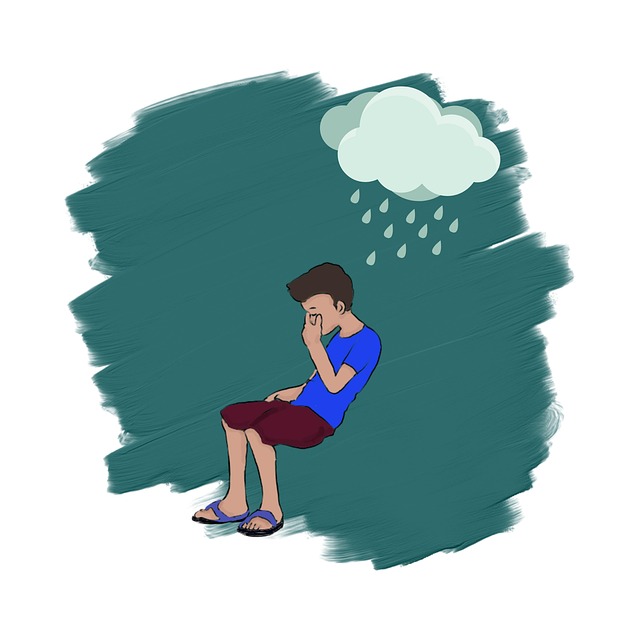Anxiety among young adults is addressed through specialized group therapy focusing on academic, career, and social pressures. Safe spaces are created with structured rules, active listening, and emotional validation, empowering individuals through mindfulness exercises, stress management techniques, and art therapy. Personalized tools and resources tailored to each participant's needs enhance mental wellness, aiming to alleviate anxiety and foster community support for effective therapy for Young Adults Anxiety.
In today’s fast-paced world, mental wellness is paramount, especially for young adults grappling with anxiety. This article explores effective group facilitation techniques tailored to address their unique challenges. We delve into understanding the triggers and dynamics of young adult anxiety, providing insights that empower facilitators. Through facilitating safe spaces and implementing supportive strategies, we aim to enhance the efficacy of therapy for young adults anxiety. By employing evidence-based methods, this guide equips professionals with tools to foster meaningful group experiences, ultimately promoting mental resilience among young adults.
- Understanding Young Adult Anxiety: Unveiling Common Triggers and Challenges
- Facilitation Techniques for Safe and Supportive Group Environments
- Empowering Participants: Strategies for Effective Mental Wellness Group Sessions
Understanding Young Adult Anxiety: Unveiling Common Triggers and Challenges

Anxiety among young adults is a prevalent issue that often requires specialized care and understanding. This demographic faces unique challenges in managing stress and anxiety due to various factors such as academic pressures, career uncertainties, and social expectations. Many young adults struggle with feelings of heightened anxiety, which can significantly impact their daily lives and overall mental wellness. Uncovering common triggers is essential in facilitating effective group therapy sessions for this age group.
In-group discussions can help participants recognize patterns that contribute to their anxiety, such as fear of failure or social isolation. By sharing experiences, they gain insights into coping mechanisms and build a sense of community, fostering a supportive environment. Moreover, group facilitation techniques enable the development of inner strength through mindfulness exercises and stress management strategies tailored to young adults’ needs. Burnout prevention is also addressed, ensuring individuals learn to set boundaries and prioritize self-care.
Facilitation Techniques for Safe and Supportive Group Environments

Creating a safe and supportive environment is paramount when facilitating mental wellness groups for young adults grappling with anxiety. One effective technique involves establishing clear boundaries and expectations from the outset, ensuring all participants feel heard, respected, and understood. This can be achieved through structured group rules, emphasizing active listening, empathy, and non-judgmental attitudes. Facilitators should model emotional intelligence by acknowledging and validating each individual’s feelings, fostering a sense of belonging.
Additionally, incorporating interactive activities that promote self-care routine development for better mental health is beneficial. These could include mindfulness exercises, stress management techniques, or creative outlets like art therapy. By integrating these strategies, facilitators not only enhance the therapeutic process but also empower young adults with practical tools to manage anxiety and improve their overall mental wellness.
Empowering Participants: Strategies for Effective Mental Wellness Group Sessions

In facilitating mental wellness group sessions for young adults experiencing anxiety, one of the primary goals is to empower participants. This involves creating a safe and supportive environment where everyone feels heard and valued. Techniques such as active listening, open-ended questions, and reflective statements encourage participants to share their experiences and insights openly. By fostering a sense of community, facilitators can help individuals realize they are not alone in their struggles with anxiety, which is a powerful step towards anxiety relief.
Additionally, incorporating interactive activities, such as mindfulness exercises or group discussions on coping strategies, allows participants to actively engage in their healing process. Facilitators should also promote emotional well-being by providing practical tools and resources tailored to each individual’s needs. This personalized approach not only enhances mental wellness podcast series production but also ensures that the group sessions remain engaging and impactful, ultimately contributing to effective therapy for young adults with anxiety.
Mental wellness group facilitation plays a pivotal role in offering therapy for young adults anxiety by fostering safe spaces and empowering participants. By employing techniques that promote open communication, create supportive environments, and equip individuals with coping strategies, facilitators can significantly enhance the effectiveness of these sessions. Understanding common triggers and challenges specific to young adults allows for tailored interventions, ultimately contributing to improved mental wellness outcomes in this demographic.
